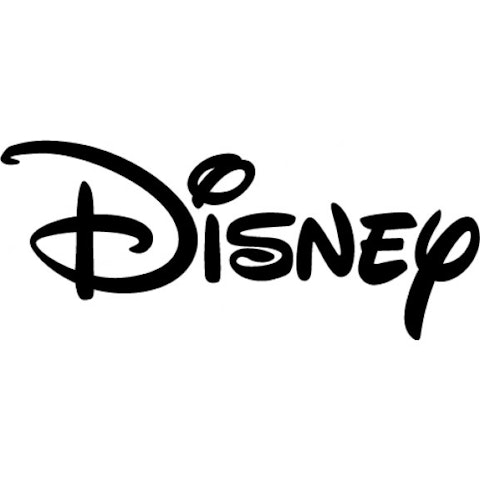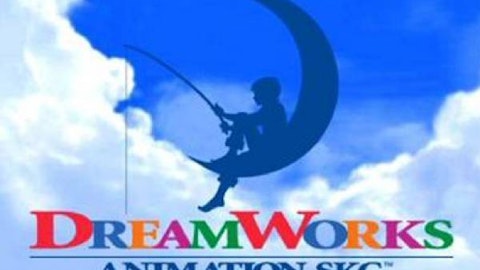The Walt Disney Company (NYSE:DIS) knows how to entertain kids. However, back-to-back disappointments in the action category could cost the company hundreds of millions in write-downs. Other media companies don’t do much better.
Strike One: In 2012, The Walt Disney Company (NYSE:DIS) released action flick John Carter. That move cost around $300 million to make and was a big flop at the box office. The company ultimately took a $200 million write-off. The film looked doomed from the get go, lacking big-name actors and building off of a civil war era hero meets futuristic space and time travel theme. It was something of a black eye for the company.
Strike Two: The company followed up that movie with this year’s release of The Lone Ranger. The Walt Disney Company (NYSE:DIS) tried to fix a few things, getting the costs down to $225 million and bringing in name brand actor Johnny Depp. However, the western theme of the show was more pronounced. So far, The Lone Ranger isn’t doing very well. Analysts are estimating a write-off of anywhere from $100 million to $200 million.
Mistakes Happen

In fact, even with the John Carter write-down, The Walt Disney Company (NYSE:DIS)’s top and bottom lines have advanced each year since the 2007 to 2009 recession ended. Investors, meanwhile, have taken the weak ticket sales of The Lone Ranger in stride. So, with an around 20 price to earnings ratio, growth investors should find Disney appealing.
More than Movies
That said, investors of any type looking to get into the media business because content is becoming increasingly valuable would do well to consider The Walt Disney Company (NYSE:DIS). While its around 1.1% dividend yield is meager, Disney is one of the best operators in the space. Moreover, it has more diversification and cross development with its products than any other media company because of its television, cable, amusement park, and cruise ship assets.
Part of the problem in the media space is the hit or miss nature of the business. And, even critically acclaimed movies can turn out to be financial flops. For example, Lions Gate Entertainment Corp. (USA) (NYSE:LGF) is the company behind such hit movies as The Hunger Games and Twilight, and television shows like Weeds and Mad Men.
Based on those movies and television shows alone you might think the company was rolling in money. While it earned around $1.60 a share last year, it lost money in each of the preceding five years. Having good content is important, but it isn’t enough.
Lionsgate has done an enviable job of growing its top-line over the past decade, taking it from less than $400 million in 2003 to over $2.7 billion last year. It has clearly built up a solid collection of content that is becoming increasingly valuable. However, with a PE of around 20 and a history of losses behind it, most investors would probably do better with The Walt Disney Company (NYSE:DIS) over the long-term.
A Turnaround
That said, investors who like The Walt Disney Company (NYSE:DIS), but don’t like Disney’s price, might want to consider the turnaround story at Sony Corporation (ADR) (NYSE:SNE). The shares have moved up on dissident hedge fund manager Daniel Loeb’s call for a corporate break up. Japan, however, is the land of the big conglomerates, so he’s unlikely to get very far. And the shares remain well off of their all time highs.





